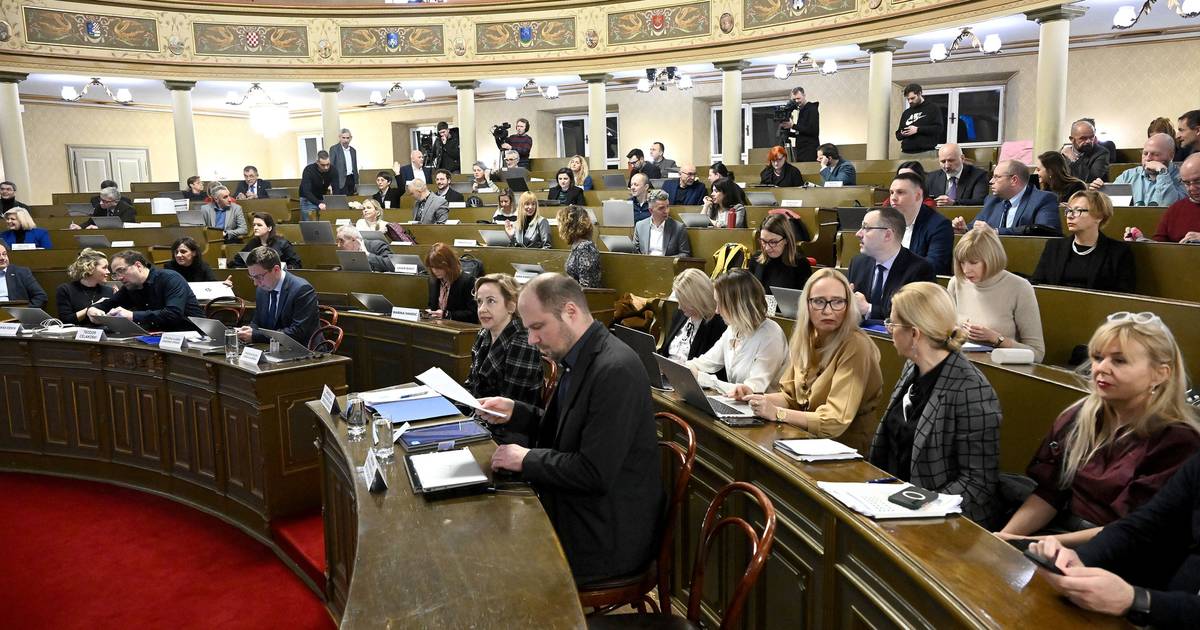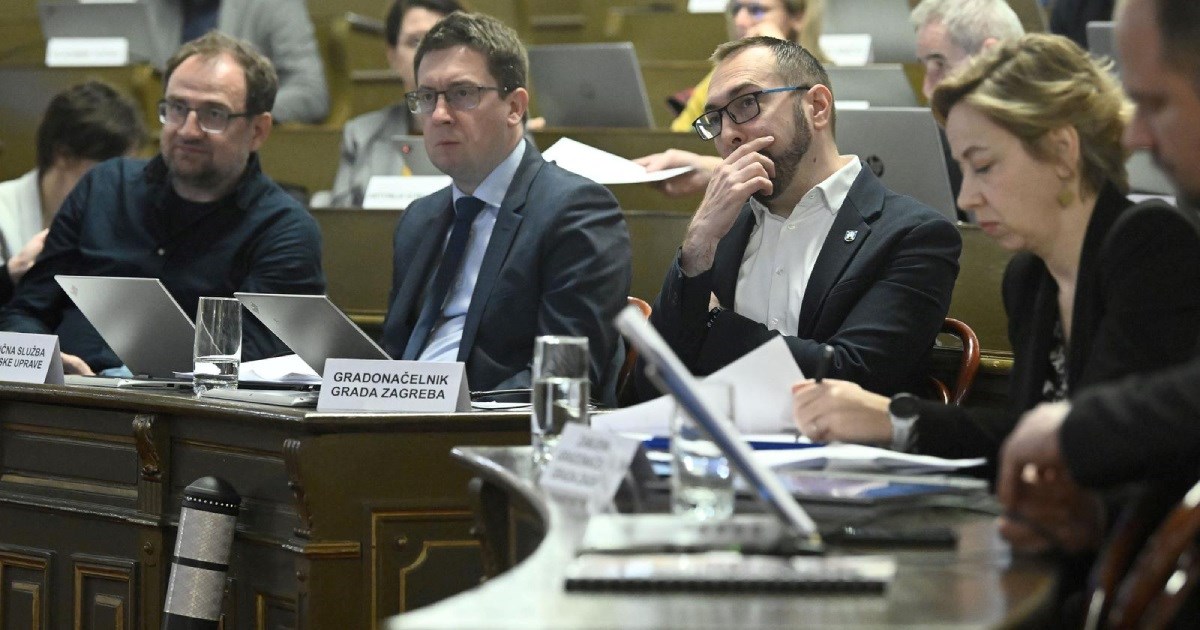Following the local elections held in May, the first constitutive session of the new Zagreb City Assembly was convened, where a new president will be elected. By coalition agreement between SDP and Možemo, the president of the Assembly will be from SDP, with Matej Mišić proposed for the position. The new assembly holds a stable majority with 25 mandates. The new president’s priorities include waste management, infrastructure projects such as the Jarun Bridge, extension of Branimir’s homes, and development of kindergartens and services for the elderly.
Political Perspectives:
Left: Left-leaning outlets emphasize the coalition agreement between SDP and Možemo as a positive step towards progressive governance in Zagreb. They highlight the focus on social infrastructure such as kindergartens and homes for the elderly, as well as environmental priorities like waste management. The narrative supports the renewal and rejuvenation of political leadership with experienced yet younger representatives.
Center: Center-leaning sources report the facts of the new assembly’s constitution and the election of the president in a neutral tone. They focus on the political balance in the assembly, the coalition agreements, and the priorities set by the new leadership without strong editorializing. The emphasis is on stability and continuity in Zagreb’s local government.
Right: Right-leaning media may focus on the coalition dynamics and the presence of opposition parties, possibly questioning the dominance of SDP and Možemo. They might emphasize the need for accountability and scrutinize the priorities set by the new president, especially regarding public spending on social infrastructure. The narrative could include concerns about political maneuvering and the impact on local governance.







































